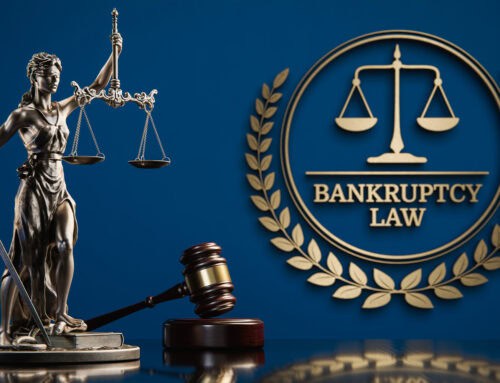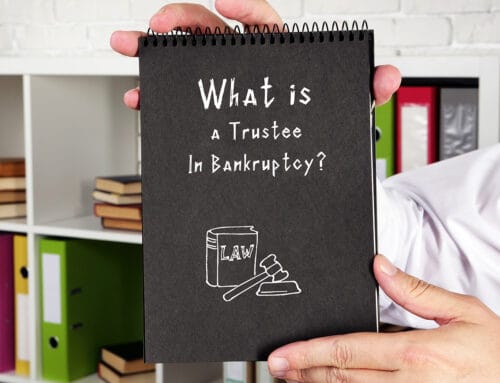Assets You Should Not Transfer Prior to Bankruptcy
Though the stigma it once had has all but disappeared, bankruptcy can still leave debtors making desperate moves in a last ditch effort to protect their assets. Unfortunately, as any proper bankruptcy lawyer will tell you, moving assets prior to filing for bankruptcy could end up causing you even more trouble.Here are three types of assets you should avoid transferring prior to filing for bankruptcy.
Real Estate and Personal Bank Accounts
Many bankruptcy filers will try to place their bank accounts and property assets in the name of family and friends. It might seem to you like a creative, harmless way to protect everything you’ve worked for, but to creditors ready to seize these assets or file a lawsuit, it’s a transparent attempt to manipulate the system and weasel out if paying what you owe.
If you do transfer these assets just before filing for bankruptcy, know that creditors and bankruptcy trustees have the power to challenge the asset transfer and mandate the return of your assets to the bankruptcy estate.
Retirement Accounts
Similar to real estate and bank account assets, placing what money you have left into a retirement account is viewed as a big red flag to bankruptcy trustees. If a bankruptcy trustee catches wind of you suddenly transferring large amounts of money to a retirement account, they have the power to void these transactions, too, as they’re usually viewed as a sign of you trying avoid paying creditors.
Of course, if you’d already been making regular payments to a standard retirement account for several years prior, a bankruptcy trustee won’t void your payments simply due to bankruptcy. As long as you’re conscious of your monthly retirement account contribution before, during, and after filing for bankruptcy, you have nothing to worry about.
Creditor Payments
Sometimes debtors will try to overpay or prepay certain creditors in yet another creative attempt to dodge the financial requests of bankruptcy trustees or other creditors. There are some instances when prepayment is allowed, such as in payments made towards one’s mortgage, given that not doing so could result in you being displaced in the future.
However, if you owed money to family and friends, for example, and attempted to pay them back in large sums right before filing, the bankruptcy trustee can classify these payments as preferential treatment and once again void them. Make sure to speak to your bankruptcy lawyer before making any payments to certain creditors.
If you need assistance with or have questions about filing for bankruptcy, Brent George Law is here to help. Give us a call at 805-494-8400 or visit our contact page. Our first consultation is free of charge.
Disclaimer: This article is intended for informational purposes only and does not constitute legal advice. For personalized assistance, please contact our office at (805)494-8400.





